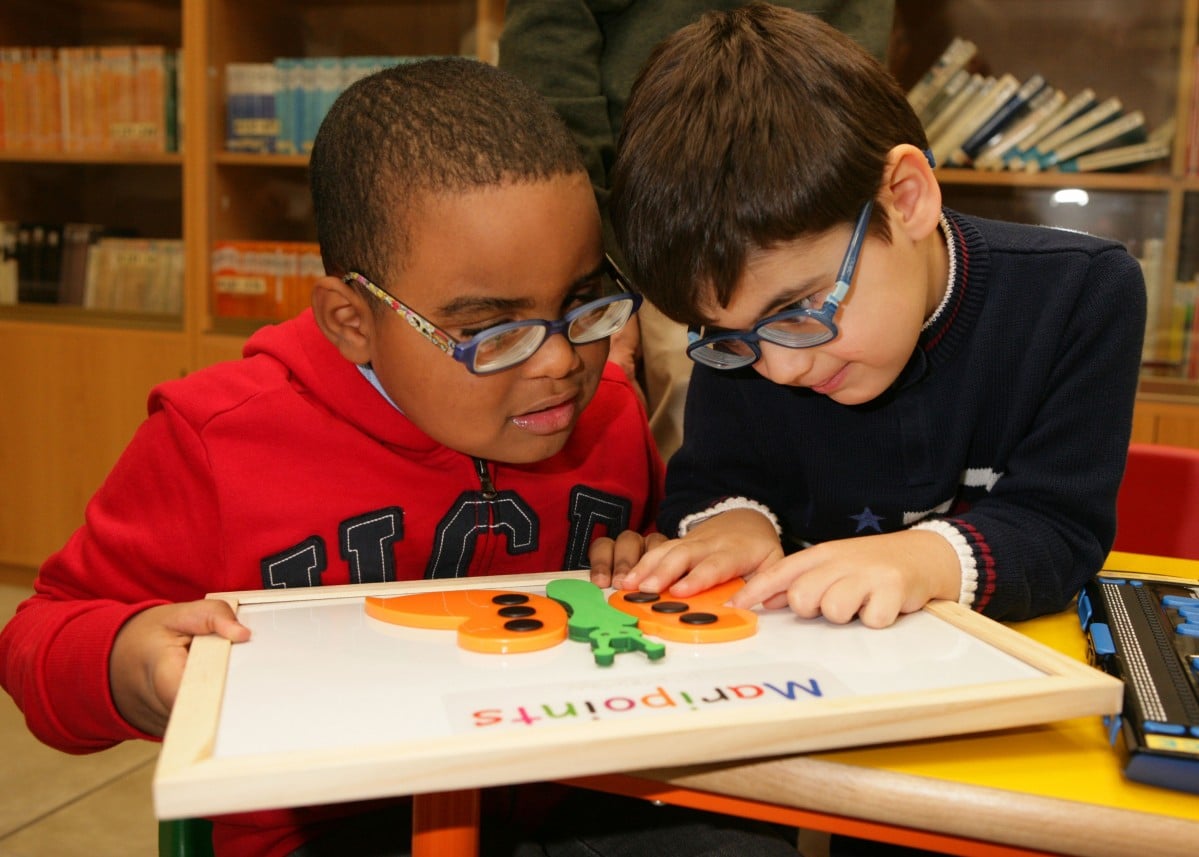
The United Nations General Assembly proclaimed January 24 as the International Education Day, to deepen education plays in peace and development. On the occasion of the same we have decided to delve into the recently approved Celaá Law and the changes it proposes for special education.
La Inclusive education is a right that must be guaranteed for all boys and girls, as recognized by the Spanish Government when signing the United Nations Convention on the Rights of Persons with Disabilities. We have prepared this article by going to the Plena Inclusión source, an associative network present in all the autonomous communities.
Changes to the Celaá Law in special education

The so-called Celaá Law was approved by the Cortes not without controversy in November 2020. One of the points that has raised the most criticism is that of special education. This educational law does not explicitly establish the suppression of special education. Although there are interpretations about the consequences it could bring in the future.
In its fourth additional provision, the law says that in 10 years ordinary centers must have the necessary resources to be able to serve students with disabilities in the best conditions. What is intended with this point is to improve inclusive education. No explicit reference is made to the transfer of schoolchildren from specialized centers to ordinary centers. In fact, it is urged that educational administrations continue to provide the necessary support to special education centers.
According to data from the Ministry of Education, in Spain there are 473 special education centers or units. On the other hand, there is the fact that 83% of children with special needs study in ordinary centers. However, inclusive education is still a pending issue.
What makes special education different from the inclusive model?

Generally speaking, there are three types of attention to students with special needs. In the first of them that defends the special education, boys and girls go to specialized centers in which there are only students with intellectual disabilities or developmental disorders. Therefore, the staff is specialized in meeting your specific needs.
At inclusive model, students with intellectual disabilities or developmental disorders they go to ordinary centers at any educational stage. There are specific classrooms for them in which three principles are guaranteed: presence, participation and progress. For this model to be developed under equal conditions, specialized personnel are needed to attend to their special needs, which in general the centers do not have.
There is a third way in which the assistance to special education centers in a first stage, with subsequent integration into the ordinary system. On the part of the Plena Inclusión association, what they state is that the Law offers guarantees of investment in inclusive education, in addition, the rights of families to choose the educational model of their children have not been recognized. Nor does it take into account as a reference the special education centers that are operating and serving these children with special needs.
Some data in Spain

As we have pointed out, the Ministry numbers 473 special education centers or units throughout the territory, that are attended by 8.232 teachers. Many of these centers were born as an initiative of families with disabled children. They are concerted centers, constituted as an association or foundation.
In Spain there are 175.308 students with special needs integrated in ordinary centers. This is 2,6% of the total number of students in non-university studies. Of these, 30% have intellectual disabilities, 24% suffer from severe conduct / personality disorders and 23% pervasive developmental disorders.
In fact, 83% of these students are enrolled in ordinary centers and the remaining 17%, 38.000 male and female students, in special education centers. The highest inclusion percentages correspond to severe behavior / personality disorders, hearing impairment, and visual impairment, respectively.